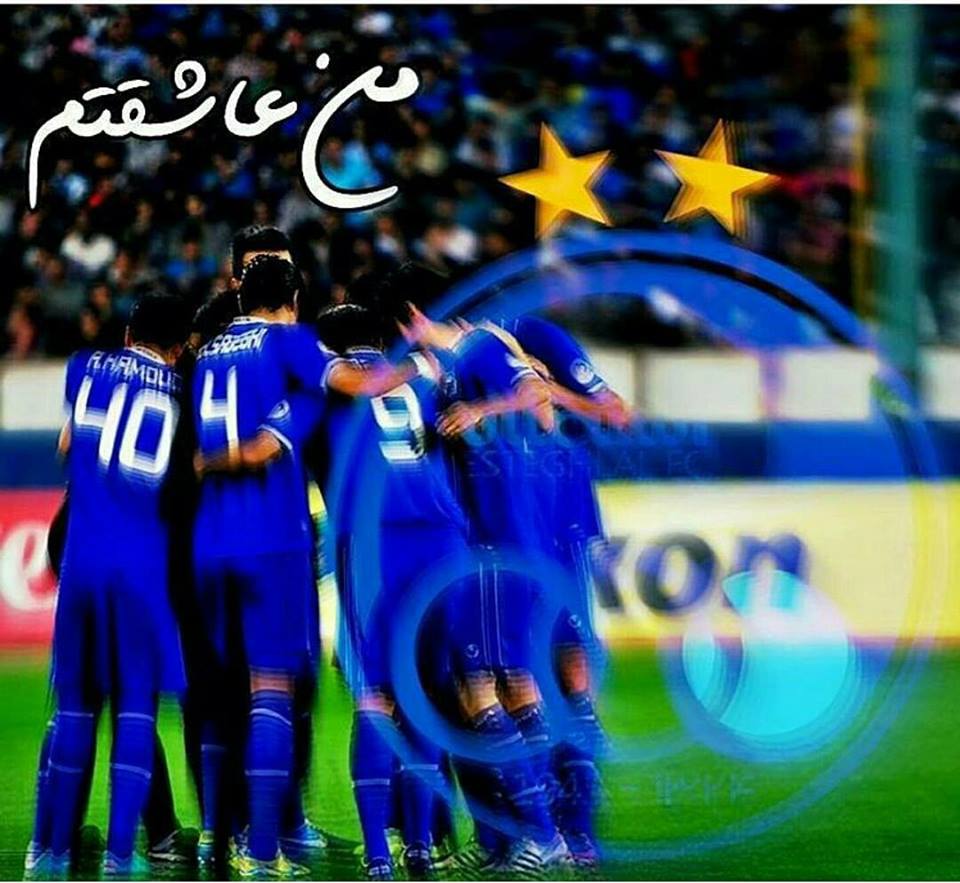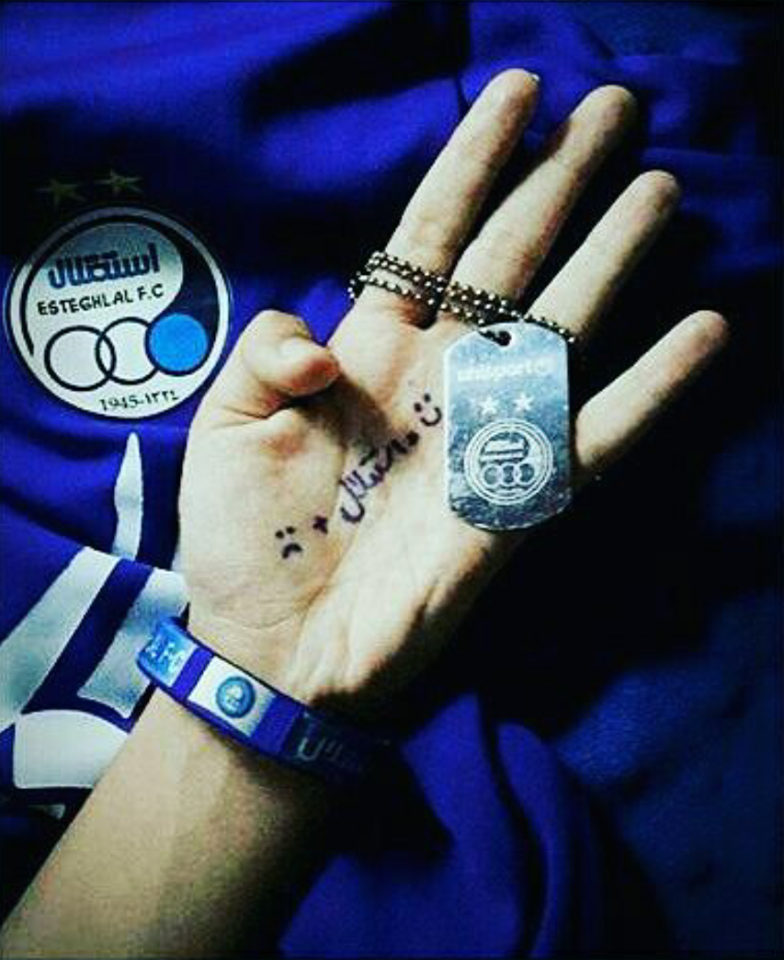01-11-2014، 17:35
There once was a little boy who had a bad temper. His father gave him a bag of nails and told him that every time he lost his temper, he must hammer a nail into the back of the fence.
The first day, the boy had driven 37 nails into the fence. Over the next few weeks, as he learned to control his anger, the number of nails hammered daily gradually dwindled down.
He discovered it was easier to hold his temper than to drive those nails into the fence.
Finally the day came when the boy didn’t lose his temper at all. He told his father about it and the father suggested that the boy now pull out one nail for each day that he was able to hold his temper. The days passed and the boy was finally able to tell his father that all the nails were gone.
The father took his son by the hand and led him to the fence. He said, “You have done well, my son, but look at the holes in the fence. The fence will never be the same. When you say things in anger, they leave a scar just like this one.
You can put a knife in a man and draw it out. It won’t matter how many times you say I’m sorry the wound is still there. A verbal wound is as bad as a physical one.”
زمانی ،پسربچه ای بود که رفتار بدی داشت.پدرش به او کیفی پر از میخ داد و گفت هرگاه رفتار بدی انجام داد،باید میخی را به دیوار فروکند.
روز اول پسربچه،37 میخ وارد دیوارکرد.در طول هفته های بعد،وقتی یادگرفت بر رفتارش کنترل کند،تعداد میخ هایی که به دیوار میکوبید به تدریج کمتر شد.
او فهمید که کنترل رفتار، از کوبیدن میخ به دیوار آسانتر است.
سرانجام روزی رسید که پسر رفتارش را به کلی کنترل کرد. این موضوع را به پدرش گفت و پدر پیشنهاد کرد اکنون هر روزی که رفتارش را کنترل کند، میخی را بیرون بکشد.روزها گذشت و پسرک سرانجام به پدرش گفت که تمام میخ ها را بیرون کشیده.پدر دست پسرش را گرفت و سمت دیوار برد.پدر گفت: تو خوب شده ای اما به این سوراخهای دیوار نگاه کن.دیوار شبیه اولش نیست.وقتی چیزی را با عصبانیت بیان می کنی،آنها سوراخی مثل این ایجاد می کنند. تو میتوانی فردی را چاقو بزنی و آنرا دربیاوری . مهم نیست که چقدر از این کار ،اظهار تاسف کنی.آن جراحت همچنان باقی می ماند.ایجاد یک زخم بیانی(رفتار بد)،به بدی یک زخم و جراحت فیزیکی است.
The first day, the boy had driven 37 nails into the fence. Over the next few weeks, as he learned to control his anger, the number of nails hammered daily gradually dwindled down.
He discovered it was easier to hold his temper than to drive those nails into the fence.
Finally the day came when the boy didn’t lose his temper at all. He told his father about it and the father suggested that the boy now pull out one nail for each day that he was able to hold his temper. The days passed and the boy was finally able to tell his father that all the nails were gone.
The father took his son by the hand and led him to the fence. He said, “You have done well, my son, but look at the holes in the fence. The fence will never be the same. When you say things in anger, they leave a scar just like this one.
You can put a knife in a man and draw it out. It won’t matter how many times you say I’m sorry the wound is still there. A verbal wound is as bad as a physical one.”
زمانی ،پسربچه ای بود که رفتار بدی داشت.پدرش به او کیفی پر از میخ داد و گفت هرگاه رفتار بدی انجام داد،باید میخی را به دیوار فروکند.
روز اول پسربچه،37 میخ وارد دیوارکرد.در طول هفته های بعد،وقتی یادگرفت بر رفتارش کنترل کند،تعداد میخ هایی که به دیوار میکوبید به تدریج کمتر شد.
او فهمید که کنترل رفتار، از کوبیدن میخ به دیوار آسانتر است.
سرانجام روزی رسید که پسر رفتارش را به کلی کنترل کرد. این موضوع را به پدرش گفت و پدر پیشنهاد کرد اکنون هر روزی که رفتارش را کنترل کند، میخی را بیرون بکشد.روزها گذشت و پسرک سرانجام به پدرش گفت که تمام میخ ها را بیرون کشیده.پدر دست پسرش را گرفت و سمت دیوار برد.پدر گفت: تو خوب شده ای اما به این سوراخهای دیوار نگاه کن.دیوار شبیه اولش نیست.وقتی چیزی را با عصبانیت بیان می کنی،آنها سوراخی مثل این ایجاد می کنند. تو میتوانی فردی را چاقو بزنی و آنرا دربیاوری . مهم نیست که چقدر از این کار ،اظهار تاسف کنی.آن جراحت همچنان باقی می ماند.ایجاد یک زخم بیانی(رفتار بد)،به بدی یک زخم و جراحت فیزیکی است.

 بازی آنلاین
بازی آنلاین آپلود عکس
آپلود عکس








![[-] [-]](http://www.flashkhor.com/forum/images/collapse.gif)



